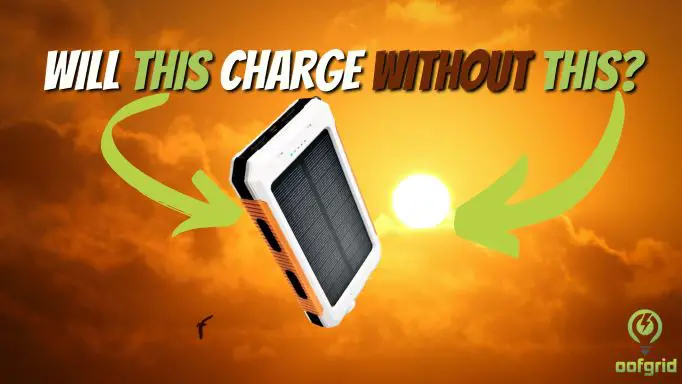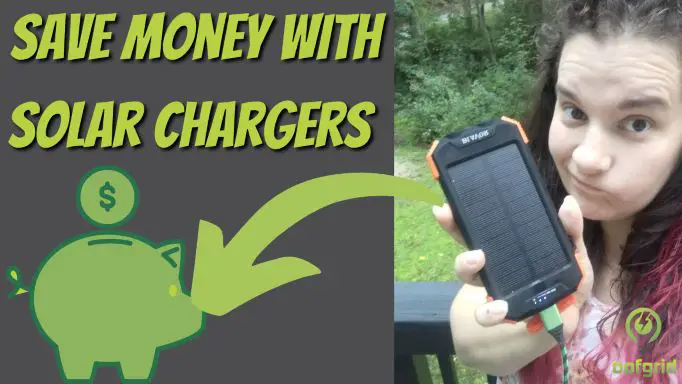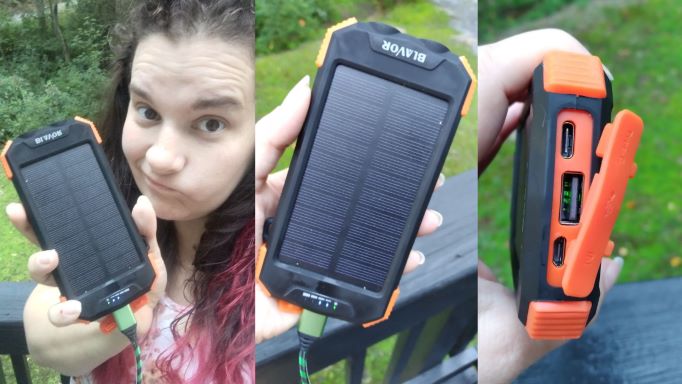Whether you’re purchasing a brand new generator or you’ve inherited one, one of the most important things you’ll need to know is whether it is a single phase or a three phase generator.
But what do these terms actually mean? And what is the difference between single phase and three phase?
Below, we’ll take a look at each of these in detail to give you a better understanding of what the difference is, as well as which type of generator would be best for your individual needs.
Contents
Single Phase
Let’s start by taking a look at single phase generators. Single phase generators produce electricity by forming a single current (usually between 120V – 240V) that varies continuously.

However, this varying current can cause the power level to drop while the generator is in use, but this is usually a very insignificant drop and it tends to remain undetected, especially when the generator is being used to provide power to a smaller residential property or business.
Uses
Single phase generators are most commonly used for feeding power to lights and household appliances. They are also a good choice for powering motors up to 5 horsepower.
It is worth noting, however, that one appliance can use the entire amount of power being generated from a single phase generator, so they aren’t the best choice for powering an entire home during a blackout.
Fuel Consumption
Since single phase generators produce less power than three phase generators, they don’t require as much fuel to function. This, paired with the fact that they are generally inexpensive to purchase, makes them a good choice for anybody on a tight budget.
Three Phase
While a single-phase generator produces a single voltage with a varying wave, a three phase generator produces three separate waves of power that operate in sequence. This ensures that there are no drops in the power level and that there is always a steady flow of energy being released.

This makes three phase generators much more powerful than single phase generators, and for this reason, they are better suited for larger properties and businesses.
Uses
Almost all industrial and commercial generators are three phase, and this is because they are capable of running high-power tools, motors, and appliances.
They are also capable of providing backup power to an entire home during an outage, while a single-phase generator would only be capable of powering one appliance at a time.
Fuel Consumption
When it comes to the amount of fuel a three phase generator uses, it really depends on the size of the generator itself.
However, since they are most commonly used for larger projects that require a lot of power, the fuel consumption of a three phase generator will typically be higher than that of a single phase generator.
What’s the difference between single phase and three phase?
The main difference between single phase and three phase generators is that they produce power differently from each other. While both generators produce AC power, a three phase generator produces three separate waves instead of the one wave that a single phase generator produces.
To put things in simpler terms, a three phase generator is more powerful than a single phase generator. However, this doesn’t always mean that it’s the best choice for your personal needs.
Which is best?
This leads us to the million-dollar question of whether a single phase generator or a three phase generator is best. This isn’t really a case of pitting one against the other and, instead, the most practical way to figure out which would be the best choice for you would be to look at what you’ll be using the generator to power.
For smaller homes, offices, or shops, a single phase generator will be more than capable of meeting your needs. Their 120V-240V range is also perfect for powering smaller equipment or tools that don’t require a continuous, high-voltage supply.
Single phase generators are often much cheaper than three phase generators too, so they make a much more economical choice and they are definitely more budget-friendly.
If you have a larger home or you’re looking for a way to provide backup power to a commercial business, then a three phase generator is the way to go. These have a typical voltage of 480V, which is basically double the amount of power a single phase generator can produce.
Three phase generators are also a good choice for larger industrial machinery or tools, so they are a good choice for proving power on a construction site.
This extra power comes at a cost though, and three phase generators are much more expensive than single phase generators. They also require quite a lot of maintenance to ensure they are running safely. However, their power and reliability cannot be denied, especially if you’re undertaking a large operation.
If you’re still not sure which is best for you, here’s a simplified breakdown of both single phase generators and three phase generators:
| Single Phase Generators | Three Phase Generators |
| Suitable for running single household appliances | Better for larger homes. Businesses, and construction sites |
| Can run motors up to 5 horsepower | Capable of providing up to 480V of continuous power |
| Good for power tools that don’t require a constant supply of high voltage | A good choice for large industrial machinery and heavy-duty power tools |
| Cheaper than three phase generators | More expensive than single phase generators |
Final Word
As you can see, the difference between single phase and three phase generators is fairly simple.
Single phase generators produce less power and are better suited for smaller tasks, whereas three phase generators are hugely powerful and are ideal for providing power to larger projects and power-hungry tools.
In terms of working out which is better, the choice you make will ultimately depend on what you’re using your generator for.
Don’t be tempted by the smaller price tag of a single phase generator if you need higher power levels, though. If you do, you may find yourself caught short in a power outage or unable to use the tools you need for the task you’re taking on!







